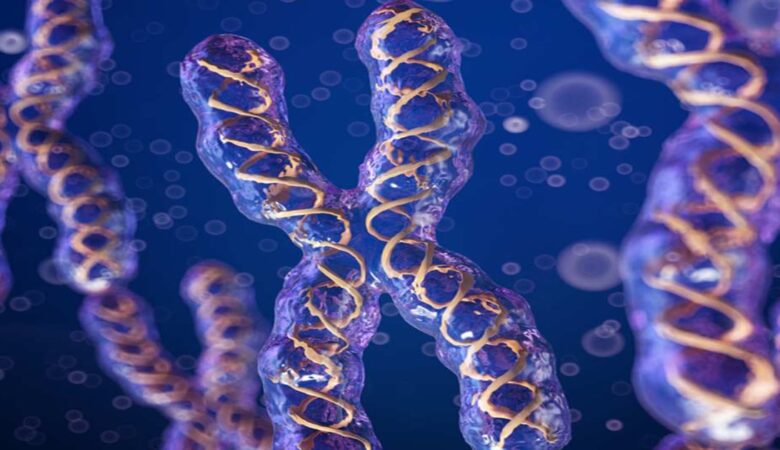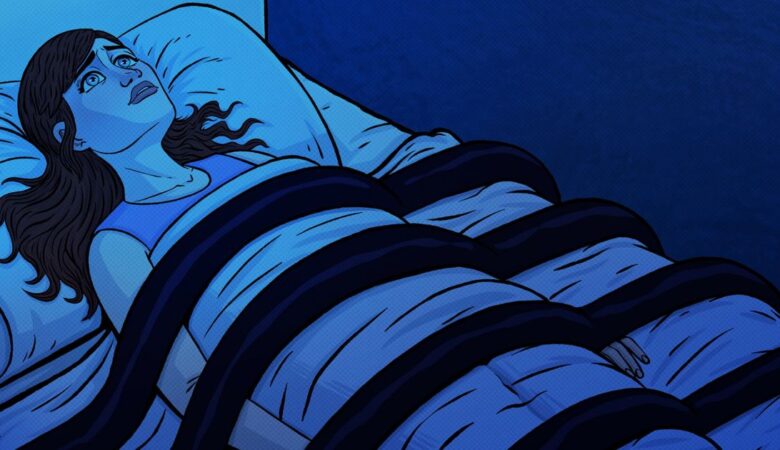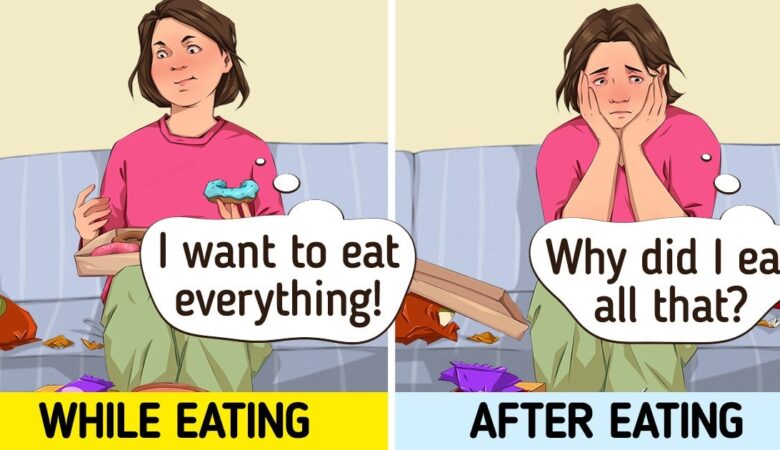Hunger can be a great sign that your metabolism is working and your body is working as it should. However, while it’s natural, hunger shouldn’t be the only indicator that it’s time to start eating.
If you eat only when you’re running low on fuel and your body begs you to fix it, the consequences can be dire.
We support a healthy lifestyle and want to share some of the reasons why hunger can seriously disrupt our eating habits. You can also learn that hunger isn’t always real in the bonus feature at the end of the article.
4. Hunger Leads To Overeating

People who skip meals or eat irregularly often overeat to make up for the food they missed.
The human body needs constant nutrition every 3-4 hours to avoid slow metabolism, power outages, irritability, and cravings.
The longer you go without eating, the lower your blood sugar will be, resulting in a need for sugar in your food.
3. Hunger Doesn’t Help To Lose Weight

Many people think that if they’re starving, they are losing weight. But in reality, if your daily nutrition makes you hungry, you won’t stick with it for long.
Eating too few calories activates an emergency mode in your body, causing you to store fat and burn even fewer calories. Your body believes that it needs to save and conserve calories for the future.
2. You’re Less Likely To Make Healthy Food Choices

As a wise Snickers ad noted, “It’s not you when you’re hungry.” And when you’re hungry, you’re more likely to get that candy bar than a more substantial snack.
When blood sugar drops, people emotionally lose control of what they put in their mouths next. They eat the next thing in front of them, and for most people, it turns out to be sugary and unhealthy snacks.
Overall, such a diet doesn’t result in the most nourishing lifestyle.
1. You’re Not Always Able To Recognize Hunger

2 hormones affect the regulation of hunger: ghrelin, which stimulates the appetite; and leptin, which suppresses it.
When you go without eating for a while, the level of ghrelin increases. And after you eat, leptin tells your body that you are full.
Hunger barometer is not always accurate. Sometimes, especially after undergoing a grueling diet, people can’t hear what their body is trying to tell them.
The brain learns to moderate hunger according to the lifestyle of the person. So people who always eat once a day can go about their business without feeling any cravings.
It doesn’t make it normal to eat just one meal a day.
Bonus: How To Identify Your Hunger
Scientists have identified three different types of hunger: physical, psychological, and opportunistic. Physical hunger is the normal desire to eat when you don’t have enough food in your stomach.
Rather, psychological hunger is driven by emotions and is essentially a craving for more than food. It is the desire to feel better or happier, or it can be other strong feelings that manifest as hunger.
Finally, there is opportunistic hunger. You see food lying around and you snap it up just because. It has nothing to do with actual hunger, but there is food available, so why not?
In summary, it is important not to confuse the notion of “I need to fill my body with energy” with the other 2 forms of hunger.
How often do you eat? Do you have a fixed feeding schedule or eat when you feel like it?









Leave a Reply